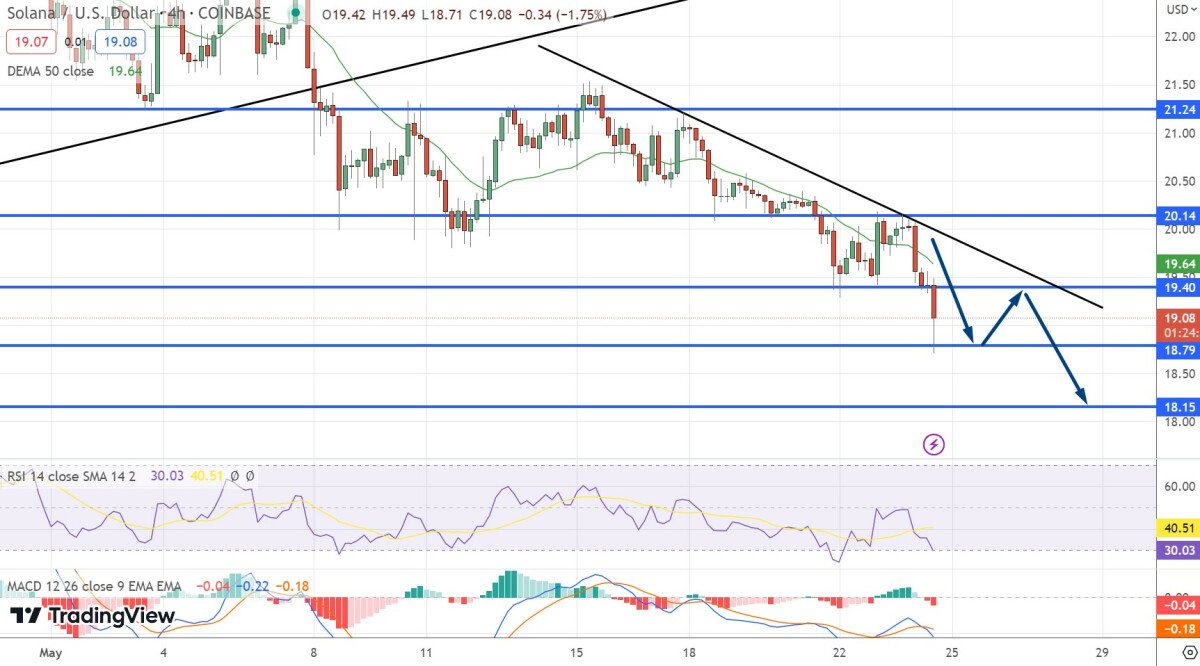FTX Exec’s million-dollar donation in Vermont shows crypto influence in politics

Sam Bankman-Fried of FTX photographed in March 2021 by Virgile Simon Bertrand for Forbes.
Becca Balint, a state senator running for Vermont’s only seat in the U.S. House of Representatives, received an unexpected campaign boost one month before primary day: a $1.1 million indirect donation from a 26-year-old executive at crypto exchange FTX.
Balint won the primary earlier this month and is favored to win the November general election in the heavily Democratic state. She might not need the money from Nishad Singh, FTX’s head of engineering, and might not want it. Her campaign manager, Natalie Silver, said Seven days, a local newspaper in Vermont, that Balint’s staff did not interact with Singh. She called the campaign finance system that allows wealthy individuals to have an outsized influence on elections “bad for democracy.”
That may be the case, but it was just another day at the office for FTX, where political donations are common. The US Federal Election Commission’s database of individual contributions revealed 300-plus records of donations ranging from $250 all the way to multi-million dollar contributions over the past two years from FTX employees.
Cryptocurrency’s anti-establishment ethos attracts libertarian thinkers, but it’s also a sector dominated by a relatively young demographic, which is typically Democratic. The result is an industry that is not aligned with any of the political parties. At 30, Sam Bankman-Fried, the FTX CEO, is a young billionaire who openly promotes a philosophy called effective altruism, which is about making decisions based on what will do the most good. His political focus has been on pandemic prevention, which reflects a utilitarian mindset.
“This is definitely a new generation, a new type of cohort, that engages politically, that has an unprecedented ideological makeup,” says Martin Dobelle, CEO of Engage Labs, a company that provides campaigns with tools to accept cryptocurrency donations. “You see some people who are more libertarian economically, but are very progressive socially. So mixes that are not traditionally put into one party or the other.”
Naturally, the largest contribution on record comes from Bankman-Fried — it’s a $10 million donation to the Protect Our Future fund, a political action committee largely funded by the crypto-billionaire and committed to electing candidates who prioritize pandemic prevention. Earlier this summer, Bankman-Fried said on the Pushkin Industries podcast that he planned to spend between $100 million and $1 billion on the 2024 U.S. presidential election campaigns. While Bankman-Fried’s donations have gone toward Democrats, he has also contributed to Republican campaigns.
Bankman-Fried also donated to Balint’s campaign, directly giving the maximum allowed, $2,900. Because Singh gave money through a PAC, he was not subject to that restriction. On July 9, he contributed his $1.1 million to the LGBTQ Victory Fund Federal political action committee, which then spent $991,911 on an ad campaign in support of Balint, Balint is the first woman and openly gay to serve as president pro tempore in Vermont Senate.
How much the contribution helped Balint is open to debate. It came a day after she received an endorsement from Sen. Bernie Sanders, an independent with ties to the Democratic Party, and Balint had already led her main challenger, Lt. Gov. Molly Gray, who has criticized the PAC funding.
“I have been very excited about Balint because she is a strong advocate for pandemic prevention,” Singh said in a statement to Forbes. “Victory PAC wanted to run an independent expense to support Balint, I wanted to empower them to do that. My contribution here was personal and independent of my role in FTX.
Victory Fund’s donor-driven political spending is allowed thanks to a controversial Supreme Court ruling in Citizens United v. Federal Election Committee, which allows corporations and non-campaign groups to support candidates and donate up to $5,000 annually, but also allows unlimited “independent expenditures” in support or opposition of a candidate, as long as it is done independently of campaign efforts.
Singh has contributed $7.9 million to Democratic PACs, including Women Vote!, Mind the Gap — an organization led by Stanford University academics that uses Silicon Valley funds to support Democratic candidates — and the Senate Majority PAC. Primary races are a prime target for wealthy donors seeking influence because they are usually closer to races and ultimately shape Congress.
“There’s more of an opportunity in open primaries to support people, because once people are in office they have an 80% re-election rate,” says Engage’s Dobelle. “I think it generally makes sense for advocates and activists of all stripes to get involved in primary races.”
Bankman-Fried’s Protect Our Futures fund has spent $24 million contributing to 18 Democratic primary campaigns across the country in 2022 as of the end of July. In August, the PAC contributed just over $1 million in support of four Democratic primary candidates. However, Bankman-Fried is not the only FTX CEO to give out large sums for political purposes: Ryan Salame, co-chief executive officer of FTX, and Zach Dexter, CEO of FTX Derivatives, have also contributed large sums to campaigns and political action committees.
The Engage Raise platform lists 15 candidates who accept campaign contributions in the form of cryptocurrencies. Eight are Democrats, six are Republicans and one is from the United Utah Party, a centrist political party active only in Utah.

























